Eating disorders are serious and often fatal illnesses that cause severe disturbances to a person’s eating behaviors. Obsessions with food, body weight, and shape may also signal an eating disorder. Common eating disorders include anorexia nervosa, bulimia nervosa, and binge-eating disorder. Recovery from an eating disorder is absolutely possible and achievable, but it requires commitment, patience, and professional guidance. This article will provide practical steps for achieving eating disorder recovery.
Understanding Eating Disorders
Eating disorders are complex mental health conditions that often require the intervention of medical and psychological experts to alter their course. They are characterized by a persistent disturbance of eating or eating-related behavior that results in the altered consumption or absorption of food. These disorders can significantly impact physical health and psychosocial functioning.
It’s important to understand that eating disorders are not a choice, they are not a lifestyle change, and they are not a phase that someone goes through. They are serious, potentially life-threatening conditions that affect a person’s emotional and physical health. People struggling with an eating disorder need to seek professional help.
Recognizing the Need for Help
The first step towards recovery is recognizing the need for help. This can be a difficult step, as denial is often a symptom of eating disorders. However, acknowledging that your relationship with food is not healthy is crucial for recovery.
Signs that you or a loved one may need help include preoccupation with dieting, weight and body shape, avoidance of social functions, family and friends due to fear of being unable to avoid eating, or evidence of binge eating or purging behaviors. If you or someone you know is showing these signs, it is important to seek help immediately.
Seeking Professional Help
Once you’ve recognized the need for help, the next step is to seek professional assistance. This typically involves a team approach, including a medical doctor to manage physical health complications, a psychologist or counselor to work through emotional issues, and a dietitian to help normalize eating patterns.
It’s important to find professionals who specialize in eating disorders, as they will have the most up-to-date knowledge and treatment approaches. They can provide a comprehensive treatment plan that is tailored to your individual needs.
Developing a Treatment Plan
A treatment plan is a roadmap for recovery. It outlines the treatment goals, the steps needed to reach those goals, and the methods that will be used to measure progress. The plan should be developed in collaboration with your treatment team and should be flexible enough to change as your needs change.
Typically, a treatment plan will include medical care and monitoring, nutritional counseling, and individual, group and/or family psychotherapy. Some patients may also need to be treated for other psychological issues, such as depression, anxiety, or substance abuse.
Implementing the Treatment Plan
Implementing the treatment plan is where the real work begins. This involves regular appointments with your treatment team, following the dietary plan set out by your dietitian, and actively participating in therapy sessions.
It’s important to remember that recovery is a process, not an event. It takes time and patience. There will be setbacks, but with the right support and resources, you can overcome an eating disorder.
Maintaining Recovery
Maintaining recovery is an ongoing process. It involves continuing to follow the strategies and techniques learned during treatment, staying connected with your treatment team, and engaging in self-care activities.
It’s also important to be aware of potential triggers and to have a plan in place to deal with them. This might involve reaching out to a support person, using coping strategies learned in therapy, or scheduling an appointment with your treatment team.
Conclusion
Eating disorder recovery is a journey that requires commitment, patience, and professional support. By recognizing the need for help, seeking professional assistance, developing and implementing a treatment plan, and maintaining recovery, individuals can overcome an eating disorder and reclaim their lives.

Remember, recovery is not a linear process, and it’s okay to ask for help. You are not alone, and with the right support and resources, you can achieve recovery.
If you or a loved one is ready to embark on the voyage to recovery from an eating disorder, ViaMar Health is here to support you every step of the way. Our compassionate team of professionals offers a personalized approach to treatment, ensuring that you receive the care you need in a way that respects your individual journey. With a range of programs from residential to intensive outpatient care, and a commitment to addressing co-occurring mental health conditions, ViaMar Health provides a nurturing environment for all genders to heal and grow. Don’t navigate this path alone—speak with an admission specialist today to start your journey toward recovery.




